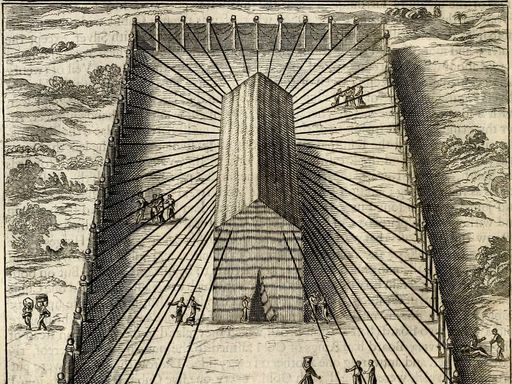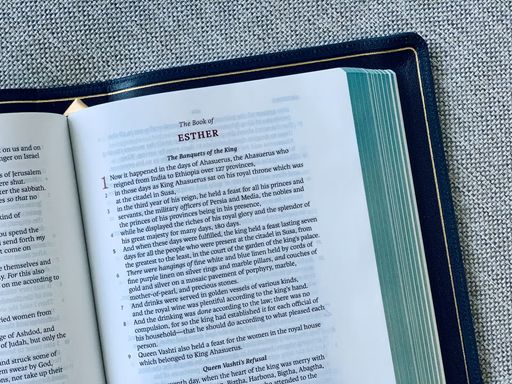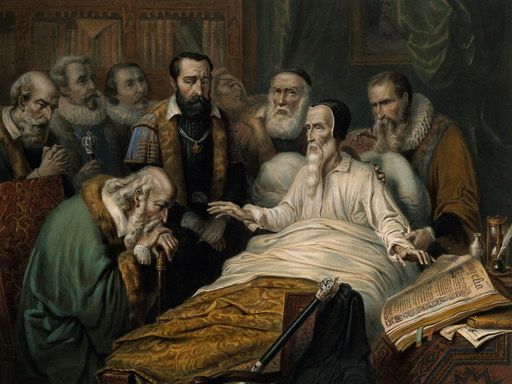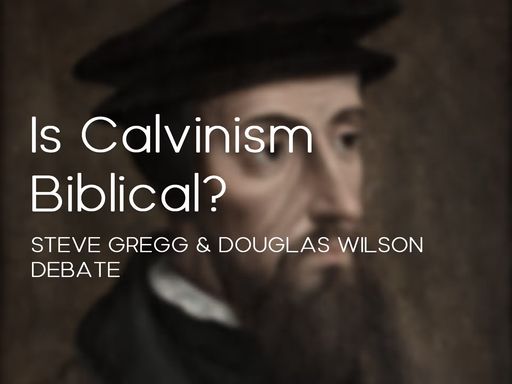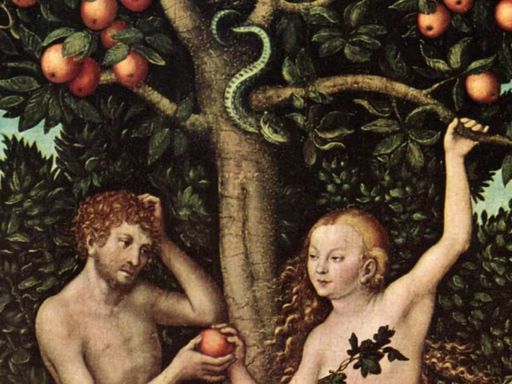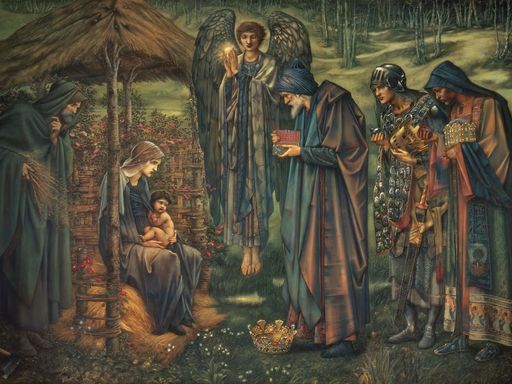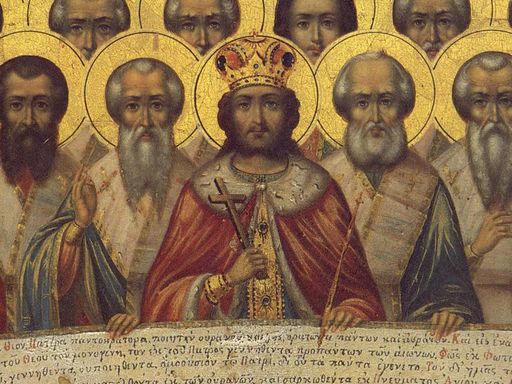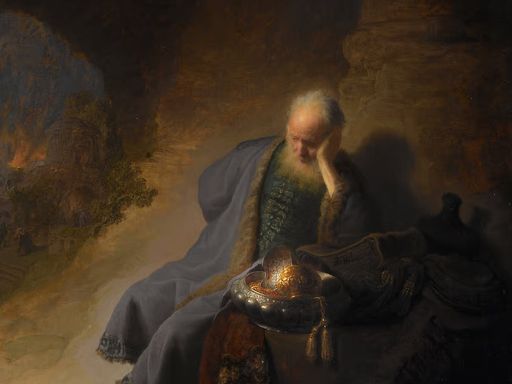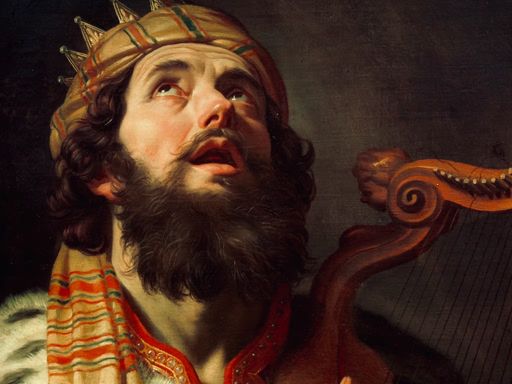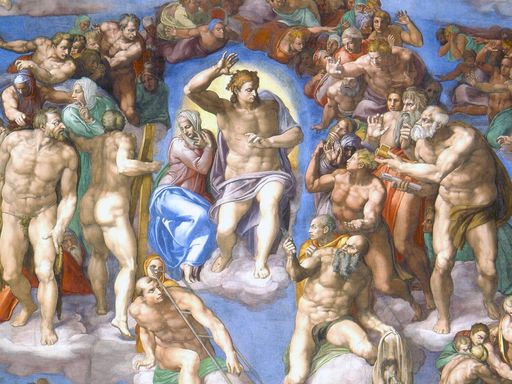
2 Peter
Steve Gregg
This series features Steve Gregg teaching verse by verse through the book of 2 Peter, exploring topics such as false prophets, the importance of godliness, new heavens and earth, obtaining knowledge of God, and the distinction between true and false prophets.

2 Peter and Jude Introduction
In this introduction to 2 Peter and Jude, Steve Gregg indicates that it is not surprising for the Holy Spirit to inspire Peter and Jude to say similar things. While the authorship of these books is questioned as pseudepigraphal works, their inclusion in the New Testament is due to their apostolic au

2 Peter 1:1 - 1:15
In this discourse, Steve Gregg examines the biblical teachings of 2 Peter 1:1-15. He emphasizes that obtaining knowledge of God is essential for Christians, using the Greek word epigenosko to mean thorough knowledge. Gregg further emphasizes that faith is a gift from God and that one must grow in gr

2 Peter 1:16 - 1:21
In this passage, Steve Gregg explores 2 Peter 1:16-21 and discusses the concept of eyewitness testimony versus scripture as reliable sources of truth. Peter's retelling of the Transfiguration is used as an example of possible literary and prophetic fulfillment. While some witnesses may have backed d

2 Peter 2:1 - 2:17
In this segment, Steve Gregg delves into 2 Peter 2:1-17, discussing false prophets and teachers who deceive the people with covetousness and exploit them with deceptive words. He emphasizes the importance of godliness and contentment as opposed to worldly wealth. Gregg also explores the idea of fall

2 Peter 2:18 - 3:9
In this passage from 2 Peter 2:18 - 3:9, Steve Gregg discusses the importance of recognizing false teachers and the consequences of falling away from the truth. He explains that as the truthfulness of God becomes more evident, untruthfulness becomes more obvious in contrast. Gregg warns the readers

2 Peter 3:10 - 3:18
In this talk, Steve Gregg discusses the concept of new heavens and a new earth as described in the Bible. He touches on the different beliefs around pre-millennialism and a-millennialism, as well as the idea of a future resurrection. He emphasizes that when Jesus comes back, he will end the present


